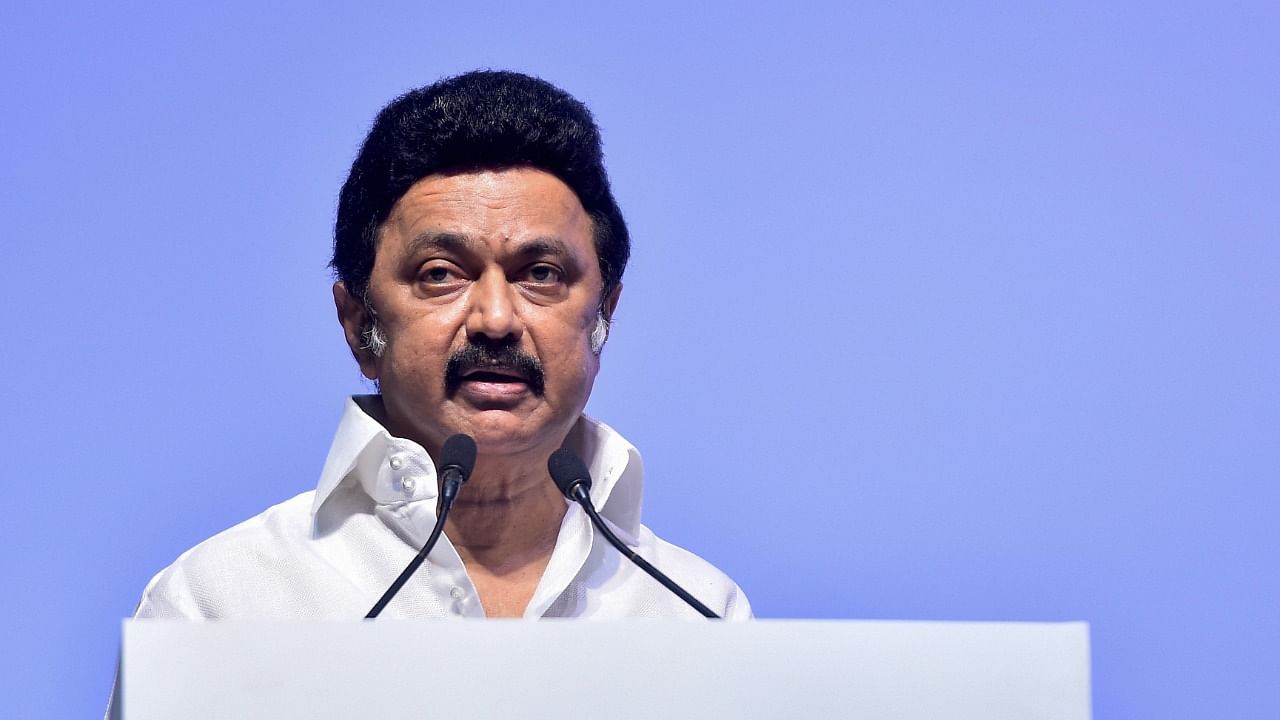
Two recent developments – release of critically-acclaimed movie Jai Bhim that chronicled difficulties faced by the tribal population and denial of dignity to a Narikurava woman who was refused food at a temple – have prompted the Tamil Nadu government to focus on ensuring social security and basic facilities for the marginalised sections.
Highly-placed sources told DH that Chief Minister M K Stalin, who visited the house of the aforementioned Narikurava woman returning her “lost dignity”, is keen on bringing people belonging to various tribal communities to the mainstream.
As part of the mission, Chief Secretary V Irai Anbu has written to district collectors asking them to direct Tahsildars to collect details about members of various tribal communities and their current living conditions. They have also been asked to collect details whether they are covered under social security schemes and possess documents like voter identification card, and Aadhar.
“The officials have asked to visit the tribal settlements in their respective taluks or districts and come up with a detailed report. The report will have every detail about the living conditions, including whether they have a roof over their head, and whether patta has been issued to them. They will also see whether their settlements have roads and other facilities,” a senior official told DH.
He added that the Chief Minister himself is keen on visiting some of the tribal settlements to distribute aid to them once the process of collecting the details is over. “It was suggested that ministers or officials can visit these settlements to launch schemes, but the CM wants to visit some places to interact with the people. He is keen on taking all schemes to every section of the society,” the official added.
Once the data is available with the government, another official said, steps will be taken to ensure that the tribal population is provided with infrastructure that is lacking in their settlements. He added that efforts are being taken to make sure that children from these settlements have access to education, and health care facilities.
“The biggest complaint that we hear is tribals like Irulas (primarily snake catchers) and Narikurava (hunters) do not have identity cards and find it difficult to obtain community certificates. This will be given utmost priority as identification documents are deemed necessary. Along with these, they will be provided with basic facilities,” the official quoted above said.
He added that not just Irulas and Narikuravas, but several other marginalised communities like boom boom maatukaaran (a nomadic tribe) would need greater attention from the government in reaching welfare schemes to them.
Stalin, who saw the movie before it was released on an OTT platform, had written to actor Suriya, the film’s hero, praising him for documenting the ordeal faced by marginalised communities, and vowed to protect them.
Just a few days before the movie was released, Ashwini, a Narikurava woman, came out in the media to narrate the humiliation that was meted out to her at a temple with officials there asking her to take “leftover” food.
After her interview went viral on social media, Hindu Religious & Charitable Endowments (HR & CE) Minister P K Sekarbabu dined with her at the same temple where she was not allowed to have food during annadhanam. During her interaction with Sekarbabu, Ashwini narrated the plight of Narikuravas and the struggles that they faced.
Days later, on the occasion of Deepavali, Stalin visited the hamlet where Ashwini and her community members live and distributed land pattas to them. He also visited Ashwini’s humble dwelling in the hamlet and interacted with her family.
Check out latest DH videos here